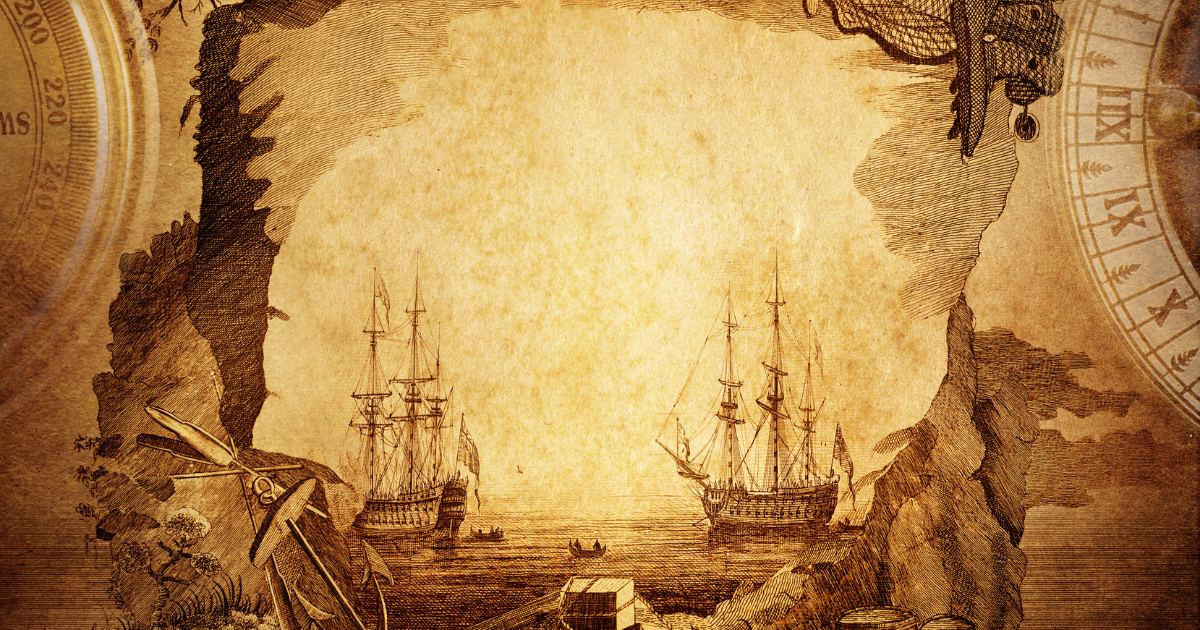
Most writers find their passion for storytelling through their love of the books they read growing up, and one of the most appealing traits of those stories is to transport the reader outside themselves. While reading stories of a similar experience can be gratifying, excitement lies in wait for the reader who steps into not only another place, but another time.
Historical Fiction is a story that takes place in another time, specifically the past. These stories require much research on the part of the writer, as the story may involve characters that did once exist, events that happened and relationships that developed.
However, the most important element of Historical Fiction is the setting. The writer’s job in this genre is to take the reader to a place outside of their own present time and experience, which can be the most appealing element of Historical Fiction, for if nothing else, the story becomes a time machine.
Historical Fiction Definition
The place to begin is with the question, when must it exist to be considered Historical Fiction? The debate exists, but a consensus seems to form around a story taking place 50 years or more in the past.
In its more complex form, Historical Fiction has subgenres that allow the reader to home in on those stories they love. Does a mystery or thriller keep you up, anxiously turning those pages into the late hours? Does an adventure distract your mind until you can get back to open that book? Or maybe a romance makes you linger in daydreams as you wonder when those lovers will find each other. Within the genre of Historical Fiction, these stories exist in their subgenres.
Is Historical Fiction True?
Although there tends to be more truth in historical fiction than in other genres like fantasy and romance, they are not true.
Historical books all have a basing in reality, whether that be a historical setting or event, but the people and the things they do will always be invented by the writer in some way.
All fiction books are untrue, even if there are many real-life features. All non-fiction books are completely real, and they should never include fictional elements.
Historical Fiction Sub-genres
Traditional Historical Fiction
A traditional historical fiction simply the creative retelling of historical events or historical people. While some names may be accurate, those same events and people reveal moments and conversations created by the writer.
Where could a writer get such insight for a story? Research becomes important in this genre and details from historical records to archives of personal letters and journals give the writer details to develop character and make them believable for the reader. For advice on developing strong characters visit https://temp-fictionary.flywheelstaging.com/journal/flat-characters-definition-and-examples/
Historical Romance
This is a subgenre popularized in the early 19th century by Walter Scott, takes those same ideas of mixing fact with fiction for the purpose of revealing a love story. And while this subgenre can be broad in terms of historical context, the relationships seem to usually take place before WWII.
Additionally, readers often find heroines in this subgenre with far more education than might have been historically accurate, a detail that mirrors more contemporary attitudes.
The Paris Wife (2012) by Paula McLain is an example of that love interest existing between Ernest Hemingway and his first wife, Hadley, and while much of the story is based in historical fact, the relationship from the viewpoint of Hadley offers readers a creative insight into their courtship and marriage.
Historical Mystery/ Thriller
They have the same twist and turns readers love in the contemporary genre, but the stories are set in the past. Point of view is important in this subgenre, to create the suspense necessary in these stories. For tips on writing strong point of view and avoiding the mistakes that reduce tension in the writing, visit https://temp-fictionary.flywheelstaging.com/journal/point-of-view-why-head-hopping-reduces-tension/
The Birdcage (2022) by Eve Chase, is a more recently released novel that explores the mysteries of family history when sisters discover terrible secrets surrounding a famous painting left behind by their father. Readers will find elements from the genres of thriller, suspense, and gothic in this novel.
Historical Series and Epics
A series holds those readers who want to stay in that transported state beyond one era and one setting. This subgenre blends those impressive heroic characters and tales with the majestic settings of the past.
Ken Follet’s Kingsbridge series Pillars of the Earth (1989) is a favorite on the lists in this subgenre. And though Outlander (1991) can fit in the subgenres of Historical Romance and Historical Fantasy, it also shares a place in the Historic series category, a trait readers will find in many of the popular historic novels.
Historical Fantasy
A historical fantasy gives writers who like to stretch the boundaries of the real-world space to explore magic and strangeness of setting while adhering to the details of the past. This genre can be found in novels such as The Lost Queen (2018) by Signe Pike, who explores the legends and magic of Merlin and great wizards in a setting of Anglo-Saxon blood battles.
Historical Adventure
Historical adventures share the same epic journeys a contemporary adventure novel might offer, but with an obvious historical setting. And while these journeys might be personal, they tend to show journeys by land, sea, or air.
The Keeper of Lost Things (2017) by Ruth Hogan, is one example of a historical adventure novel where the protagonist goes on a personal journey. These internal journeys depend on the subtle nature of character and internal conflict and self revelation. In contrast, other readers might enjoy the less subtle and thrilling historical adventures as in the classic historic adventure novel, The Count of Monte Cristo (1844) Alexandre Dumas.
Biographical Historical Fiction
This explores the fictionalized life of real people. Letters, journals, and historical records become important for a writer in this subgenre to find the voice of these characters while fictionalizing their stories. An example here is, The Secret Life of Mrs. London (2019) by Rebecca Rosenberg explores the life and marriage of famed author, Jack London’s wife, Charmian.
Historical Fiction Meaning
While Historical Fiction boasts a wide set of subgenres, with much crossover depending on the novel, there are some elements writers must understand as they begin to explore writing in this genre. Controlling these elements in their story with proper research maintains authenticity in stories of Historical Fiction. These elements include:
- Character
- Setting
- Dialogue
- Theme
- Plot
- Conflict
- World building
These elements function as the building blocks for writers who feel passionate about writing stories in the past. Like all fiction, Historical Fiction transcends the now, allowing the reader to experience worlds and characters in a time long past.
For writers, they get to live a life with their characters unlike their own. Whether you are delving into Historical Fiction as a reader who wants to touch that time machine, or you are a writer with voices of the past whispering in your windows as you write, the lives and events of days gone by are rich substance for stories.
Historical Genre Examples
- All the Light We Cannot See (2017) by Anthony Doerr
- The Nightingale (2017) by Kristin Hannah
- The White Queen (2013) by Phillipa Gregory
- Wolf Hall (2010) Trilogy by Hilary Mantel
- Ahab’s Wife (2005) by Sena Jeter Naslund
- Alex and Eliza: A Love Story (2017) Series by Melissa de la Cruz
- Longbourn (2014) by Jo Baker
- Cold Mountain (2017) by Charlies Frazier
- Lincoln in the Bardo (2017) by George Saunders (Man Booker Prize Winner)
- Girl with a Pearl Earring (2001) by Tracy Chevalier


